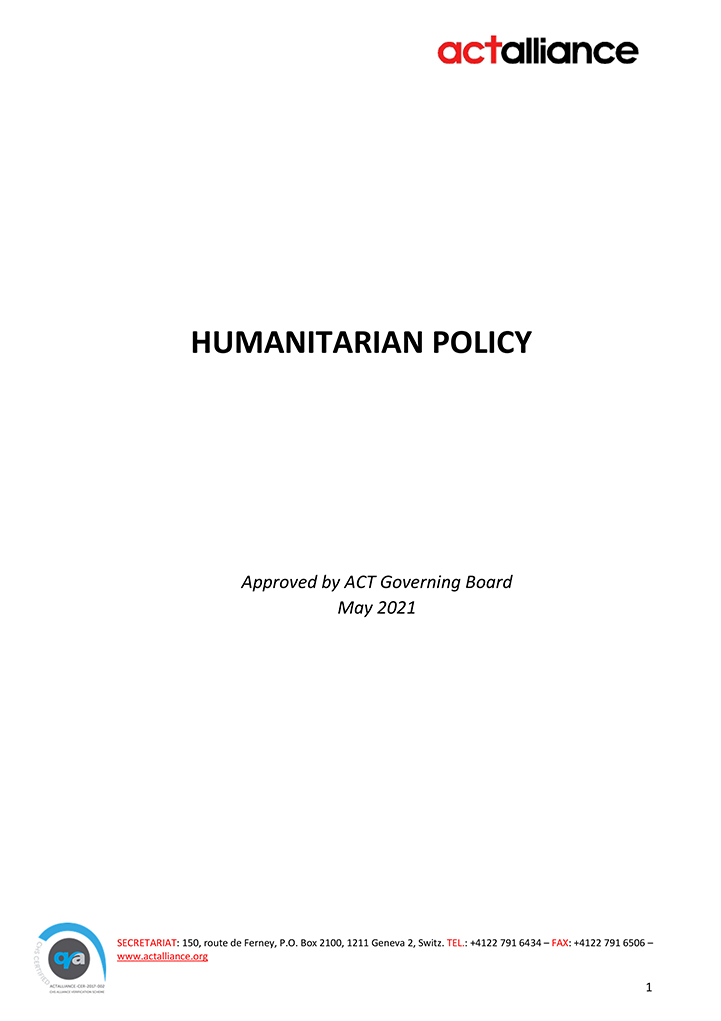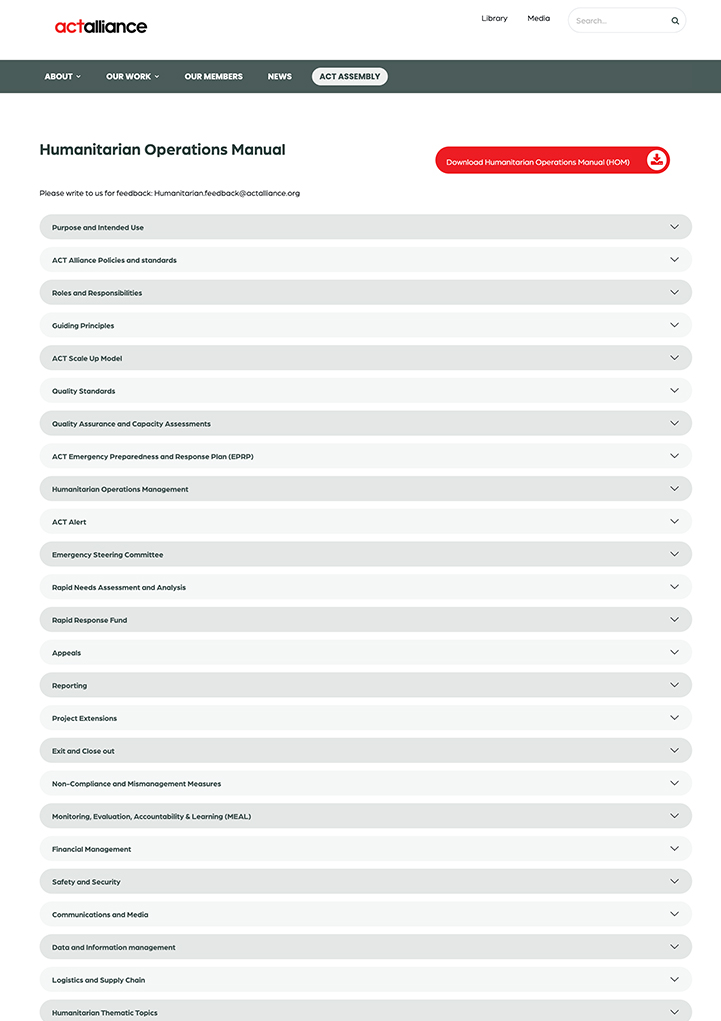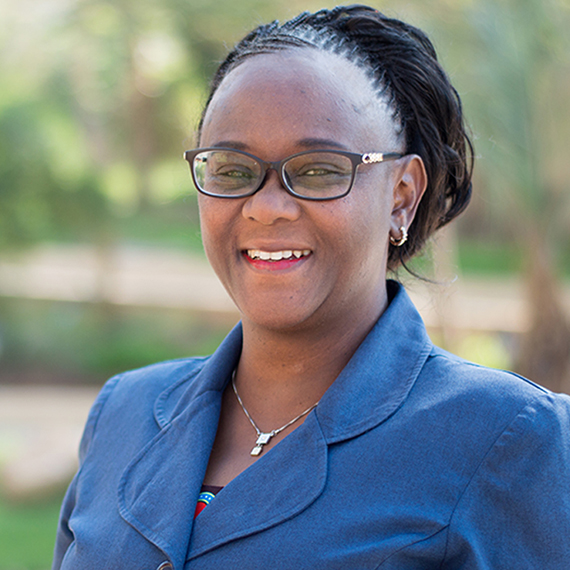A 6.5 magnitude earthquake hit the province of Cotabato in the Philippines in the morning of 31st October, 2019. The province has experienced two earthquakes of more than 6.0 magnitude since 16th October and they expect that aftershocks and tremors will still continue until December, as reported by Philippine Institute of Volcanology and Seismology (PHIVOLCS).As of October 31, over 30,045 people are affected in 72 barangays or villages in Regions XI and XII, of which almost 12,800 are in 19 evacuation centres, while 6,850 are staying with host families according to the National Disaster Risk Reduction and Management Council (NDRRMC). A total of fifteen deaths, 610 injured and 2 missing persons were reported due to the October 16 and 29 earthquakes. Over 2,600 homes and about 513 schools, frequently used as evacuation centers, sustained damages in Region IX, X, XI, XII, and the Bangsamoro Autonomous Region in Muslim Mindanao (BARMM). Secondary hazards were monitored in the said regions such as fire, flooding due to dike damages, and landslides causing isolation of some communities, among others. Affected communities, displaced in evacuation centers, with host families or camping outdoors in makeshift tents are afraid to go indoors for fear of being injured.The National Council of Churches in the Philippines will access ACT Alliance's Rapid Response Fund to provide food, sleeping materials, shelter repair kits, drinking water, and psychosocial first aid to the affected people.Alerts Cotabato Earthquake











